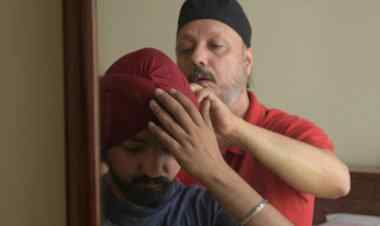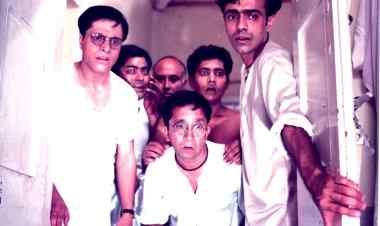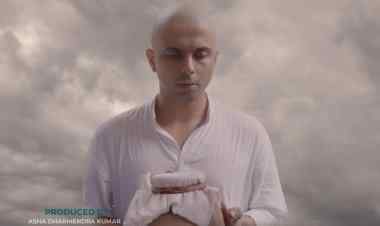Film Review: Footprints: A short ordeal about existence
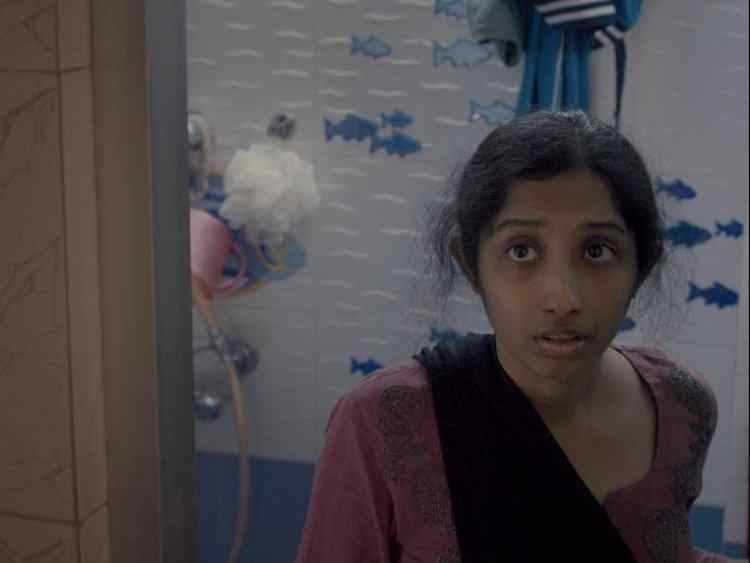
Dipankar Sarkar, noted Indian film critic and an alumnus of FTII, Pune, writes on the short film, Footprints (2023) and remarks that Tathagata is more concerned with examining the idea of class equality in contemporary Indian society and is not much interested in easy definitions of ethical or moral choices.
Tathagata Ghosh’s twenty-three-minute short film, Footprints (2023) attempts to capture the egotistical and careless nature of the so-called upper middle class and provides a straightforward depiction of the class issues in our society. It highlights the frailties of middle-class morality and the socio-economic factors that lead to the exploitation of house help. The movie depicts a desolate world that is rife with sadness and critiques the class structure of our society. With a realistic approach, the author portrays how, in a typical Bengali middle-class family, social security and comfort are of prime importance from the perspective of a woman belonging to the lower rung of society.
The film begins with a young woman standing in line with other women from slums to use the public toilet in the morning. She is carrying a bucket and soon realises that she has forgotten the mug in her shanty. She keeps her bucket as a stand-in and rushes to get the mug. As we enter her crudely built, dingy shack, we discover that she is a single mother. As she returns to the queue, she realises that it will take a while before she can use the restroom. But she is also getting late for work, so she had to rush. Once she reaches the home of her employer and begins her daily chores, she realises that it’s going to be a tough day.
Tathagata is more concerned with examining the idea of class equality in contemporary Indian society and is not much interested in easy definitions of ethical or moral choices. He outlines how upper-class people exploit and dominate the lives of lower-class people as a common practice in their daily schedule. Since much of the action takes place within an apartment, the observational sense of the camera effortlessly permeates the entire scene without heavily relying on aesthetic perspectives to set the mood. In order to cover both the literal and metaphorical interiors, the camera keeps moving from one room to another, one face to another, one concealed sensation to another, one guilt to another, and one realisation to another.
Footprints have a thematic similarity with Ritesh Batra’s short film, The Morning Ritual (2008), which follows the experience of a young boy living in a city where there is nowhere left for the underprivileged. Tathagata too immerses us in these distinct perspectives, and the commentary comes naturally. His grasp of the content makes the film accessible and gives an immersive look at the predicament of a housekeeper in our society.
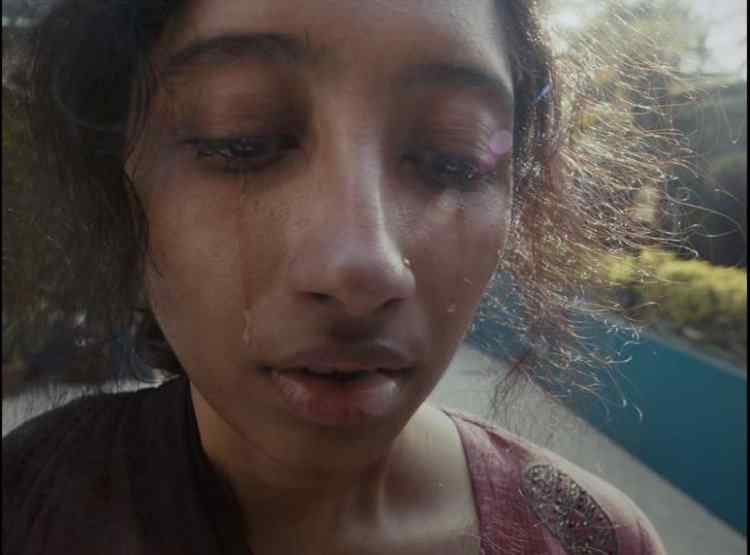
Image: film still
Payel Rakshi, as the beleaguered housekeeper, brings innocence to her character and earns our empathy. From the beginning to the end of the film, there is an arc to her character, which makes the short film worthy of our investment. But the way in which the adult members of the employer’s family characterised it became very generic and lacked the required depth. As a result, it appears that the filmmaker has followed a conventional pattern in an otherwise well-made film that highlights the economic divide between the haves and the have-nots.
What's Your Reaction?





















































